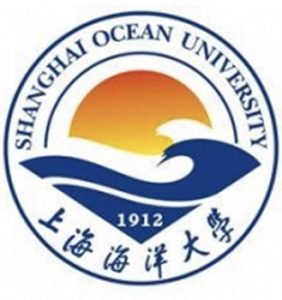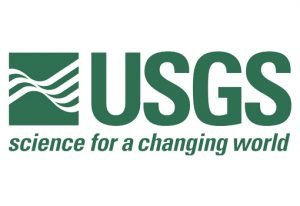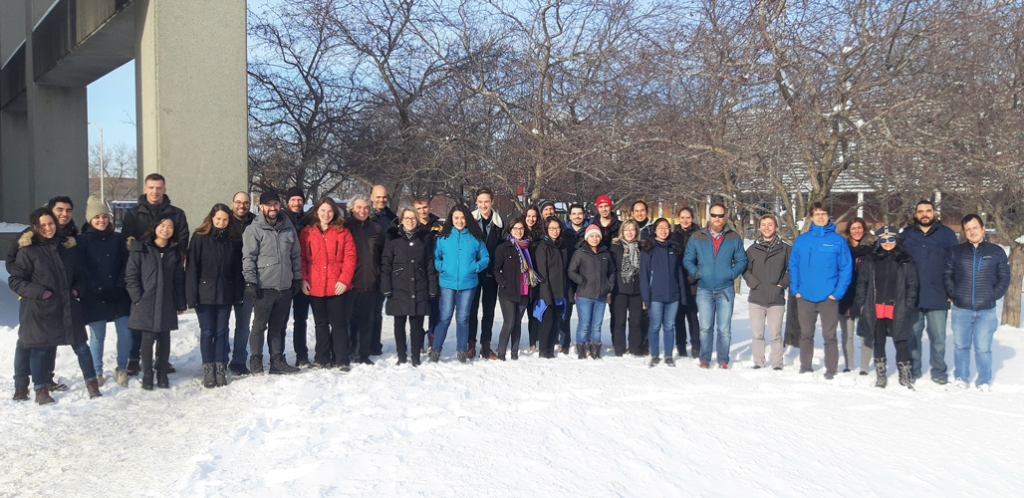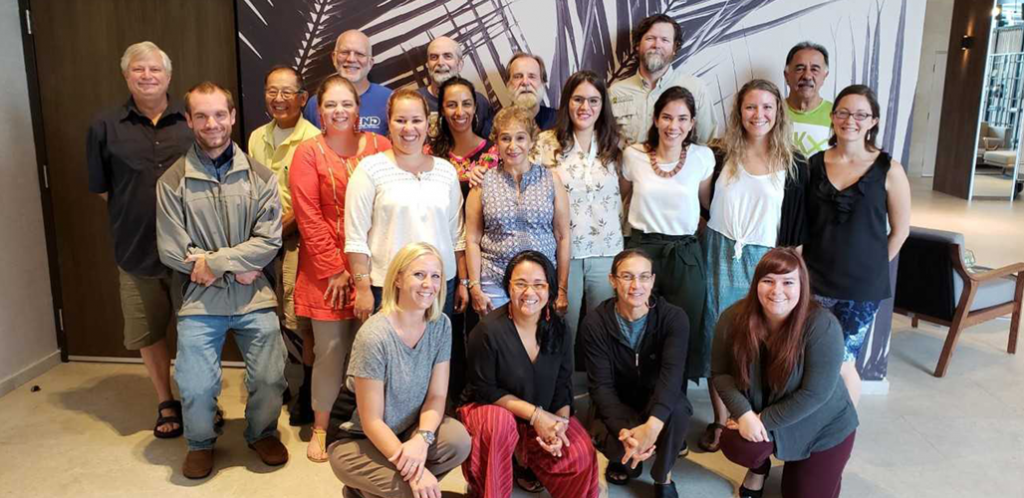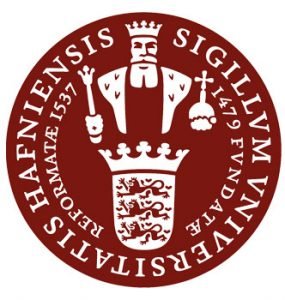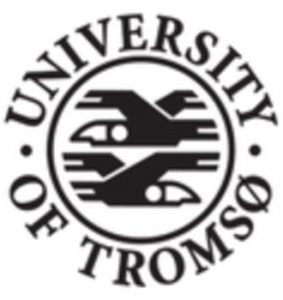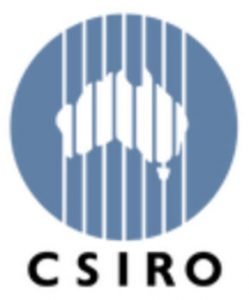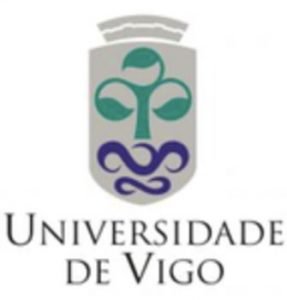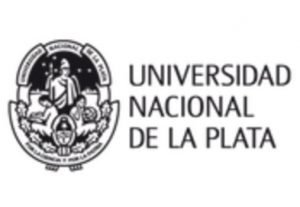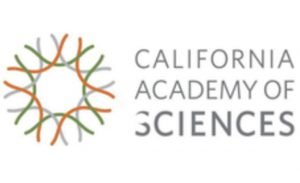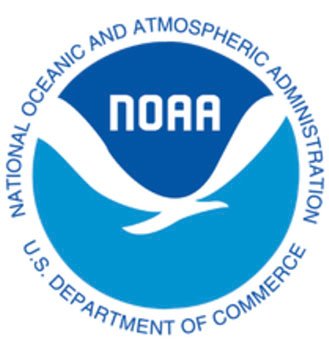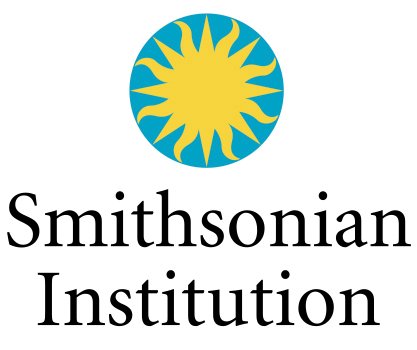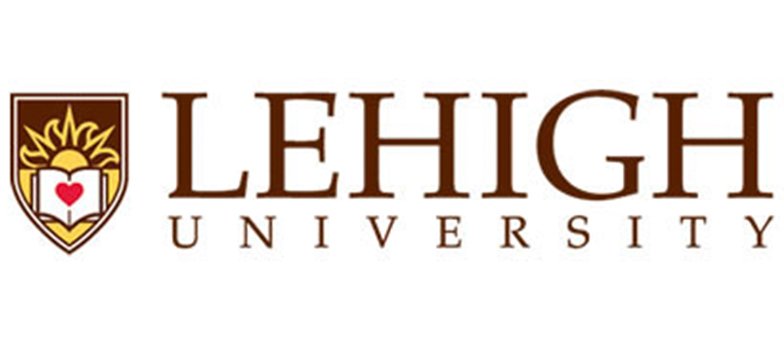Above video Credit: NOAA Okeanos Explores Program
Welcome to my Website!
I’m an evolutionary ichthyologist seeking to understand the factors that have shaped the diversification and evolution of ray-finned fishes. My research program is at the intersection of systematics, evolution, ecology, and conservation. I use a synthetic approach that incorporates fieldwork and classic and modern techniques for studying evolution, ecology, morphology, paleontology, geochemistry, and genomics.
I investigate evolution at multiple scales: from macroevolution (major fish lineages) to microevolution (closely related species and populations). While my research has focused on marine fishes, with emphasis on Gadiformes (codfishes, hakes, rattails, and allies), I address questions that are fundamental to the field of evolutionary biology, can be applied to any organism, and provide a wealth of opportunities for interdisciplinary collaborations.

About Me
My passion for fishes started in my first year as an undergraduate and since then I have had the opportunity to work with freshwater, estuarine, midwater and demersal fishes from shallow waters to deep sea using morphological, molecular and ecological data.
I was born in Bogotá, Colombia. I graduated with Magna Cum Laude from Universidad Nacional de Colombia where I earned my B.A. in Biology with a major in Ichthyology.
My dissertation on the characterization of the demersal fish community of the Colombian Caribbean slope (300 – 500 m) and some zoogeographic comments resulted in the publication of four scientific papers.
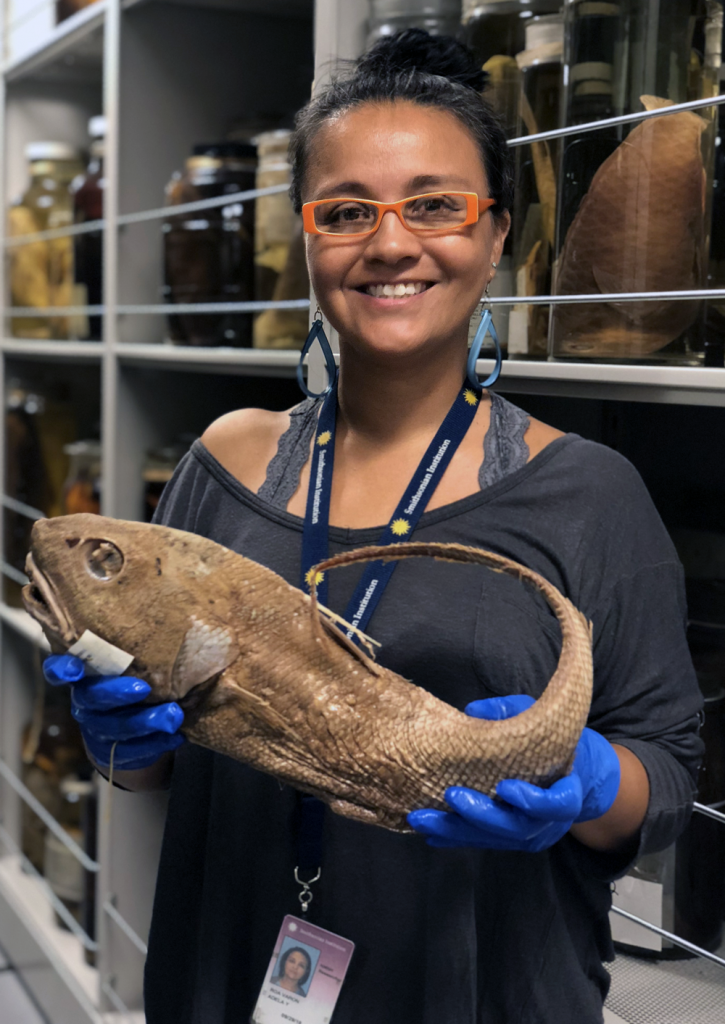
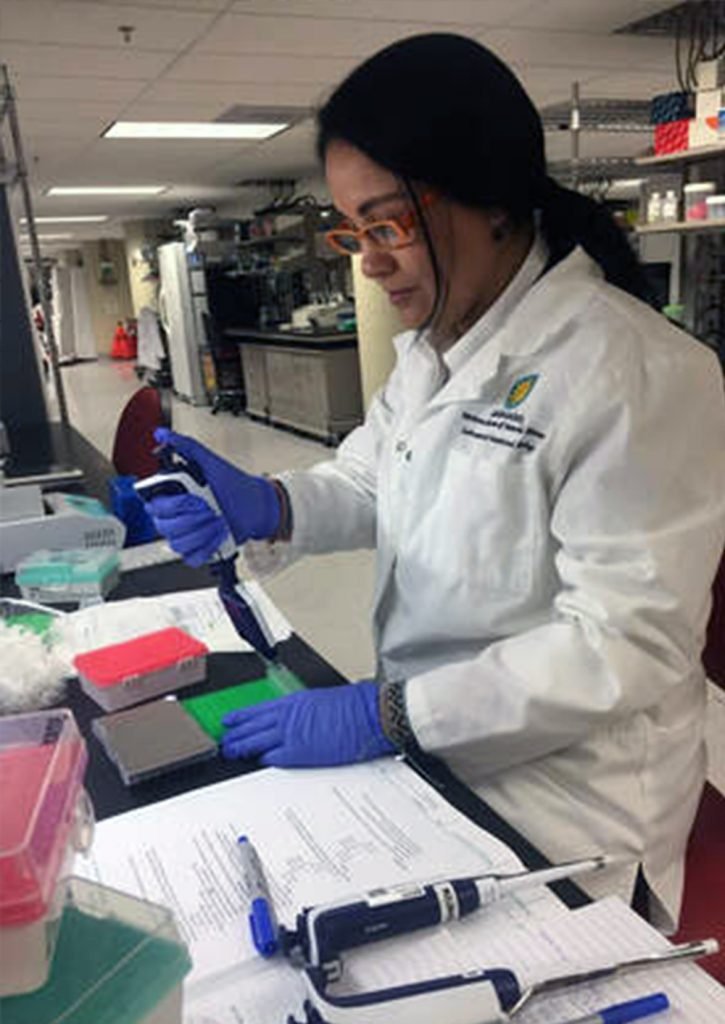
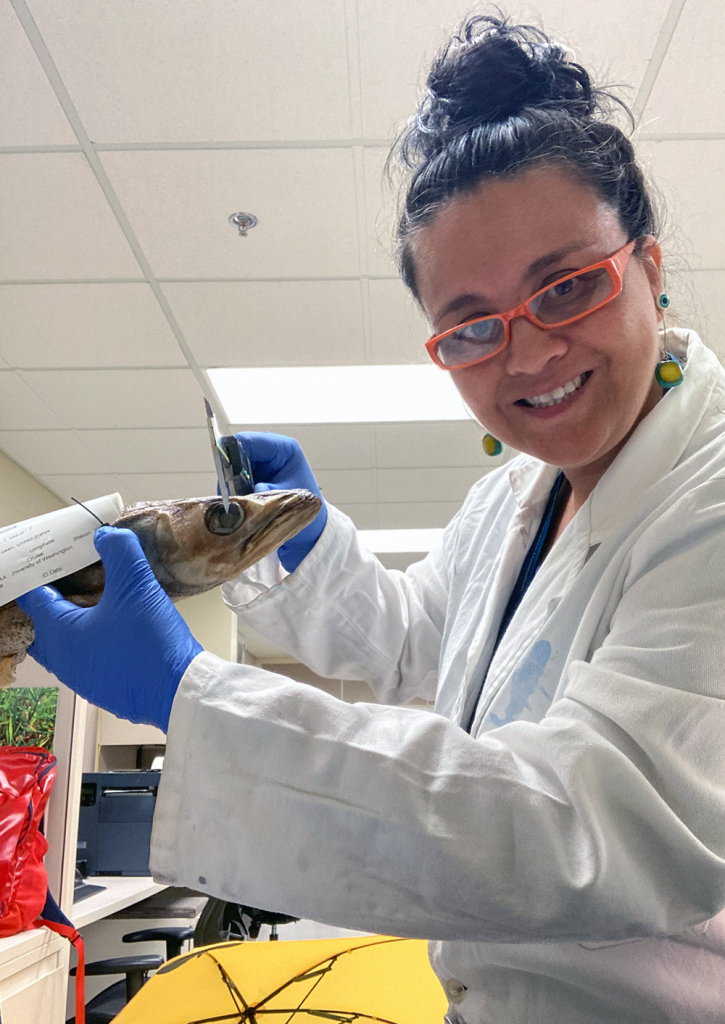


Above Photo Credit: Sandra Raredon (NMNH)
my Career
Graduation
After graduation I gained experience as a research associate at Makuriwa Museo de Historia Natural Marina de Colombia (INVEMAR), working in the evaluation of the ecological impacts caused by the construction of the Urrá I hydroelectric dam on the fish community of the Sinú River, Colombia.
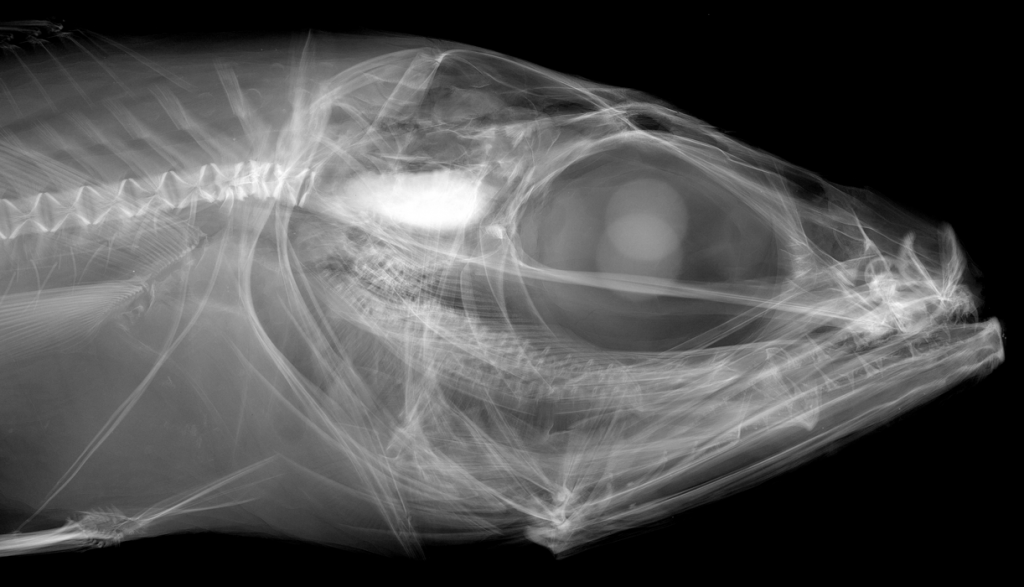
Doctoral Research
In my doctoral research, I continued working on improving the understanding of the evolutionary relationships among gadiform fishes using genomics, ecology and morphology.

Postdoc
NRC Research Associate Systematics and taxonomy of commercially important fishes. National Oceanic and Atmospheric Administration (NOAA), National Systematics Laboratory.


My M.Sc
Then, I pursued my M.S. in Biological Sciences from the University of Nebraska-Lincoln working on the molecular approaches to study relationships among families of Gadiformes fishes (cods, haddocks, rattails and their allies). I worked as a research scientist at UNC-Wilmington in taxonomy, biodiversity, ecology, and population dynamics of deep-sea fishes and then as a molecular lab technician working on the Euteleost Tree of Life (EToL) project at The George Washington University.
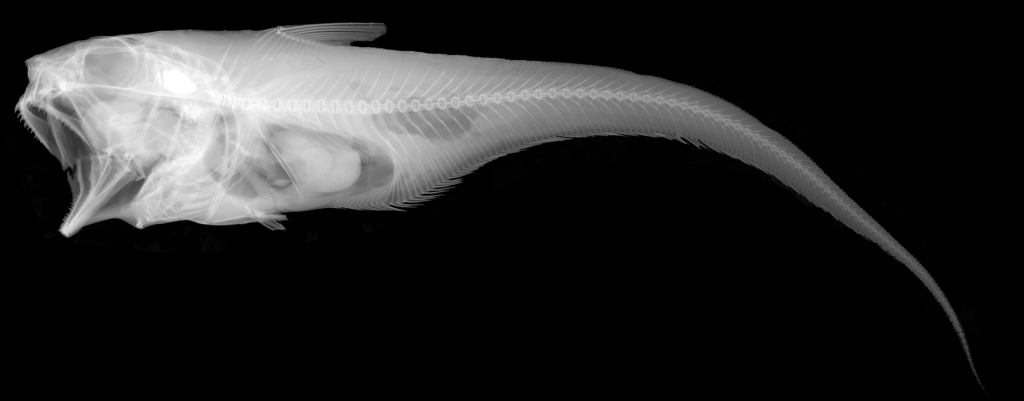
Awards
I have received several awards and grants, including two National Science Foundation awards – the East Asia and Pacific Summer Institute Fellowship (EAPSI) and the Doctoral Dissertation Improvement Grant (DDIG), the Lakeside Foundation Grant from the California Academy of Sciences, a summer fellowship from the Museum of Comparative Zoology at Harvard University, and a predoctoral fellowship from the National Museum of Natural History, Smithsonian Institution.
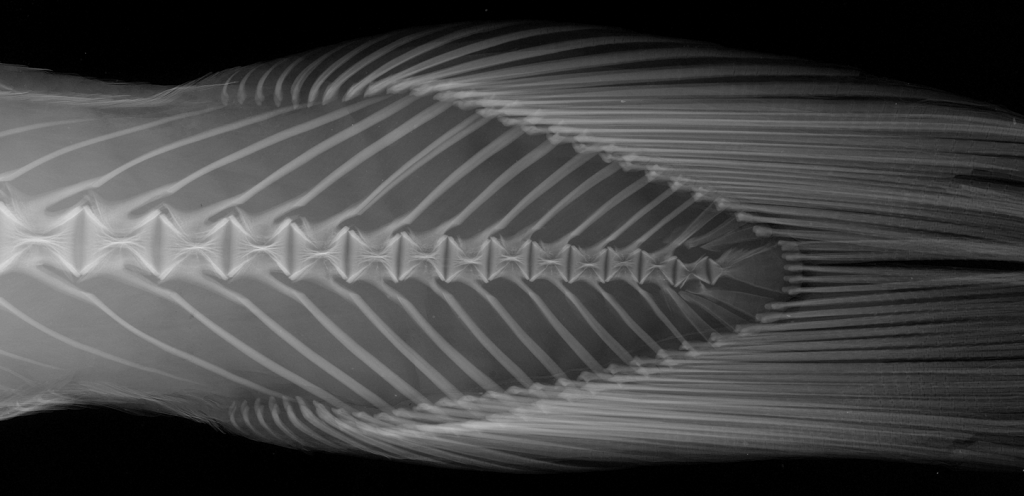
Currently
Research Associate at the National Museum of Natural History, Smithsonian Institution & California Academy of Sciences.
As a Latina Woman
and first-generation college graduate with hearing loss, I am passionate about creating a culture where everyone, including people with diverse backgrounds and identities, can thrive.
my Career
Graduation

My M.Sc

Doctoral Research
In my doctoral research, I continued working on improving the understanding of the evolutionary relationships among gadiform fishes using genomics, ecology and morphology.

Awards

Currently
I am a postdoctoral researcher working on species delimitation, population genomics, and otoliths microchemistry of commercial fish species (e.g., hakes, snappers) at the Smithsonian Institution, National Museum of Natural History.

As a Latina Woman
And first-generation college graduate with hearing loss, I am passionate about creating a culture where everyone, including people with diverse backgrounds and identities, can thrive.

Collaborators
Below are the institutions with current collaborating scientists
”The most important ingredient in making collaborations work is commitment: to producing research that is relevant, and to understanding many angles and perspectives.” Nature Editorial, 2021
